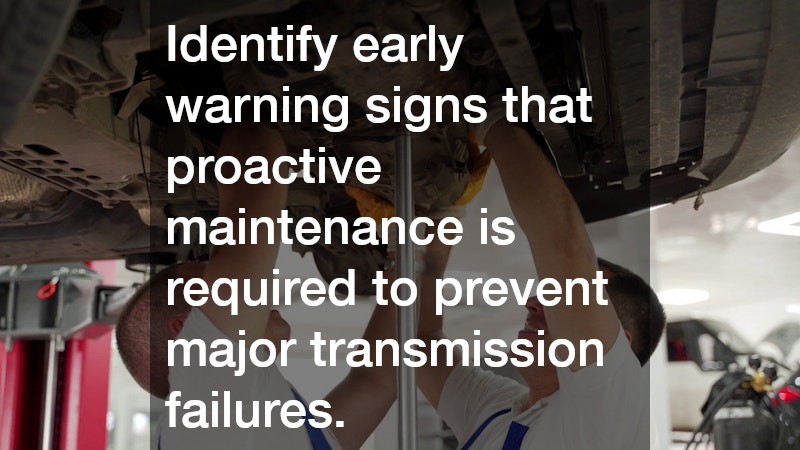Understanding the essentials of car transmission repairs is crucial for vehicle owners. This article will guide you through what you need to know before making any decisions about transmission repairs, covering common concerns and providing practical advice.
How Can I Tell if My Transmission Needs Repair?
Signs of Transmission Trouble
Explore the common symptoms indicating a failing transmission, such as slipping gears, unusual noises, or fluid leaks. Recognizing these signs early can help prevent more costly repairs down the line.
Slipping gears often manifest as a delay in vehicle response or sudden speed changes without input from the driver. Meanwhile, unusual noises like clunking or humming could indicate internal damage. Fluid leaks, particularly transmission fluid, are another key sign that should never be ignored. Regularly checking for spots under your car can alert you to a potential problem before it worsens.
Diagnostic Tools and Techniques
Learn about the methods and tools mechanics use to diagnose transmission problems, including OBD-II scanners and test drives. These tools allow professionals to pinpoint the issue accurately and efficiently. An OBD-II scanner provides detailed error codes that can direct a mechanic to specific problem areas. Test drives allow technicians to experience the symptoms firsthand, leading to a more accurate diagnosis. Combining these diagnostic tools with a thorough visual inspection ensures that you receive an honest assessment. This process can help prevent unnecessary repairs and associated costs.
What Are the Costs Involved in Transmission Repairs?
Factors Affecting Repair Costs
Understand the variables that influence the cost of car transmission repairs, such as the type of vehicle, the extent of damage, and labor rates. Vehicle make and model can significantly affect replacement part prices. Labor rates vary greatly depending on the mechanic’s experience and the service center’s geographical location. Additionally, the severity of transmission damage will dictate whether minor repairs or full replacements are necessary. Always request a detailed estimate to understand where your money will be spent. This transparency can help you plan and budget effectively for essential repairs.
Comparing Repair vs. Replacement
Compare the costs and benefits of repairing or replacing a transmission, and what scenarios might lead to each decision. Replacing a transmission is a more extensive procedure and generally costs more than repairs. However, if your transmission is severely damaged or has failed repeatedly, replacement might be the more cost-effective choice in the long run. Repairs might only serve as temporary solutions if underlying issues persist. Ultimately, the decision between repair and replacement should consider both immediate costs and potential future savings. Consult with your mechanic to evaluate the best strategy for your vehicle’s needs.
How Long Does Transmission Repair Typically Take?
Repair Timeframes
Discuss typical timelines for various car transmission repairs, from minor adjustments to complete overhauls. A band adjustment might be completed in a day, but a full rebuild can take several days to a week. Factors such as your vehicle’s make and model, along with the complexity of the problem, can influence these timelines. Minor issues are generally resolved faster than extensive damage. Remember that prompt attention to transmission issues can prevent extended downtimes. Early intervention often results in speedier repairs.
Factors Influencing Repair Duration
Address factors that may impact the duration of repair, including parts availability, mechanic scheduling, and the complexity of the repair. A readily available stock of parts can significantly reduce waiting times. Your mechanic’s scheduling also plays a crucial role in the duration of the repair. Busy repair shops may require you to book an appointment well in advance, adding to the wait time. Expect delays for complex issues requiring in-depth investigation due to transmissions’ intricate nature. Mechanics often need ample time to ensure repairs are done correctly and thoroughly.
Can I Prevent Future Transmission Issues?
Maintenance Tips for Transmission Longevity
Provide practical tips for maintaining transmission health, such as regular fluid checks and adhering to service schedules. Consistent maintenance can often substantially extend the life of your transmission. Checking transmission fluid monthly and maintaining proper levels are simple yet effective ways to prevent issues. Adhering to your vehicle’s maintenance schedule ensures potential problems are caught early. Driving habits also influence transmission health; avoid sudden starts and stops to reduce wear and tear. Proper care not only saves money but also prolongs your car’s lifespan.
Signs of Preventive Maintenance Needs
Identify early warning signs that proactive maintenance is required to prevent major transmission failures. A burning smell after driving, for instance, could indicate overheating and the need for a fluid change. Vibrations during acceleration or an illuminated check engine light are also signs to have your vehicle inspected. Ignoring these warnings might lead to serious and costly damages down the line. Regular inspections by a trusted mechanic help identify and rectify minor issues before they exacerbate. Investing in preventive maintenance now could save thousands in the future.
Informed decisions about transmission repairs can save vehicle owners money and trouble in the long run. By understanding the symptoms, costs, timelines, and preventive measures, you can assure your transmission remains in optimal condition.




